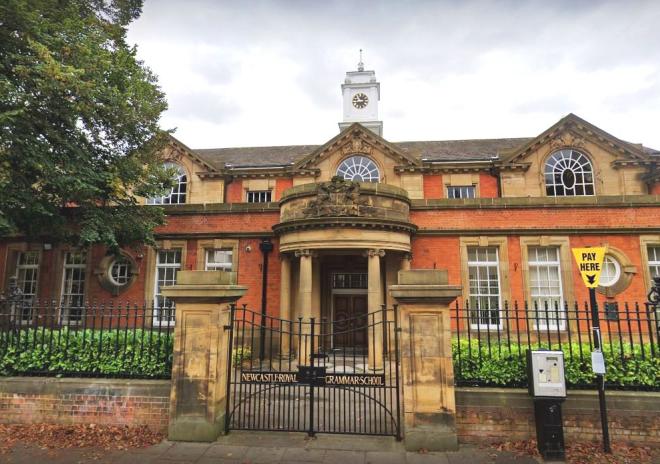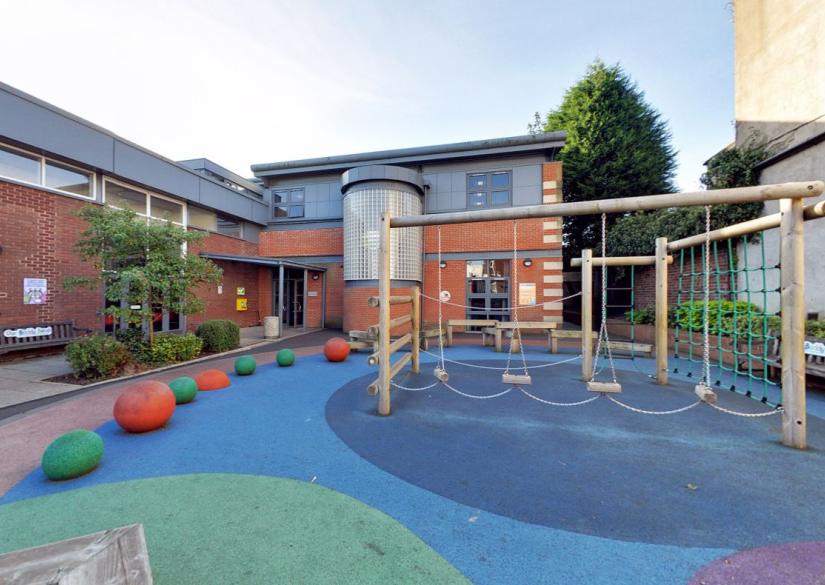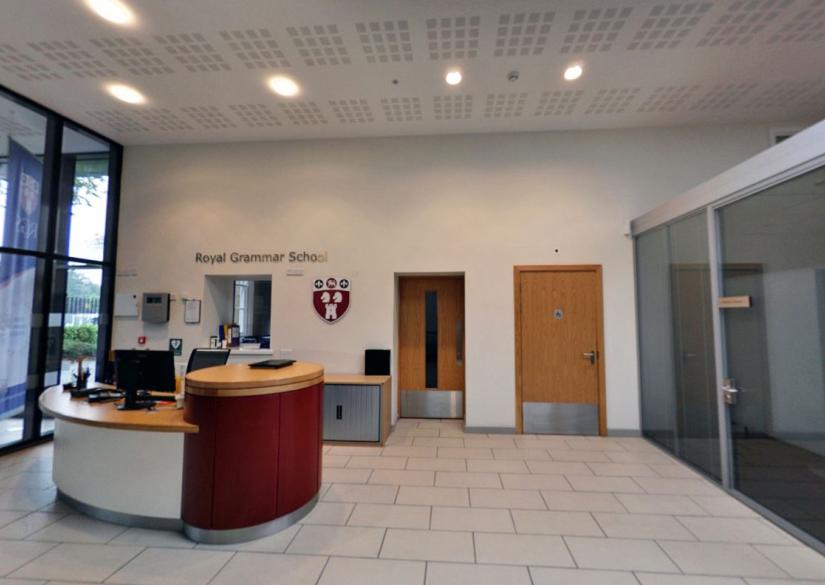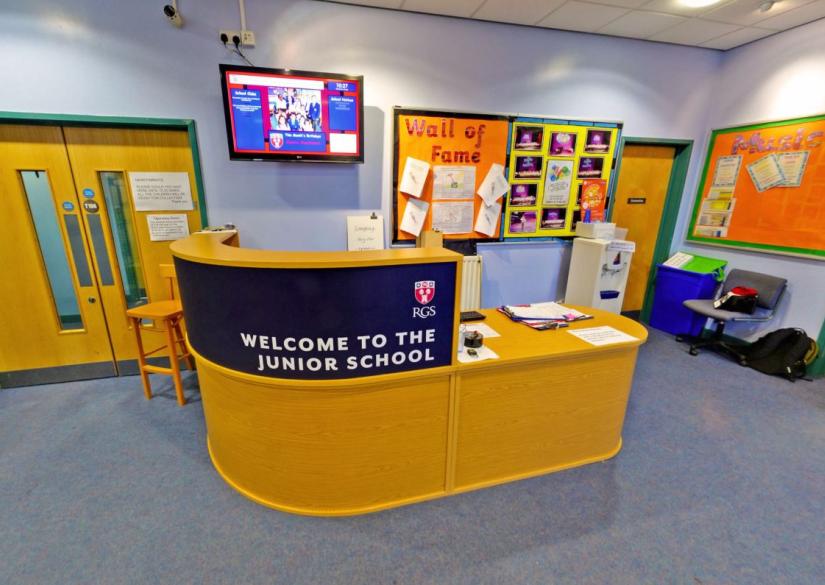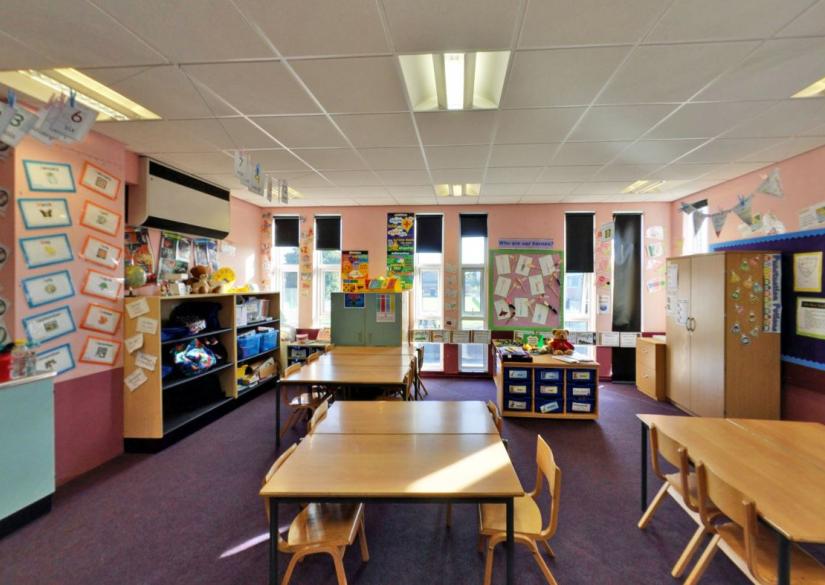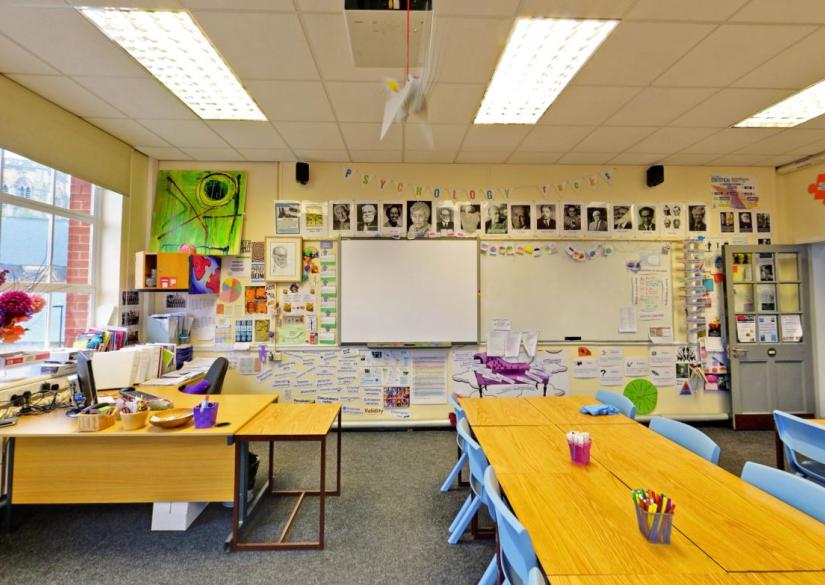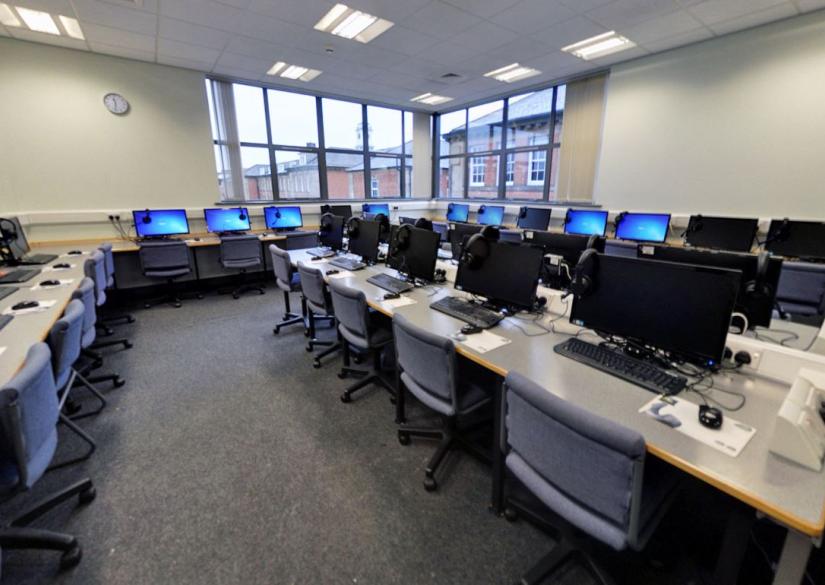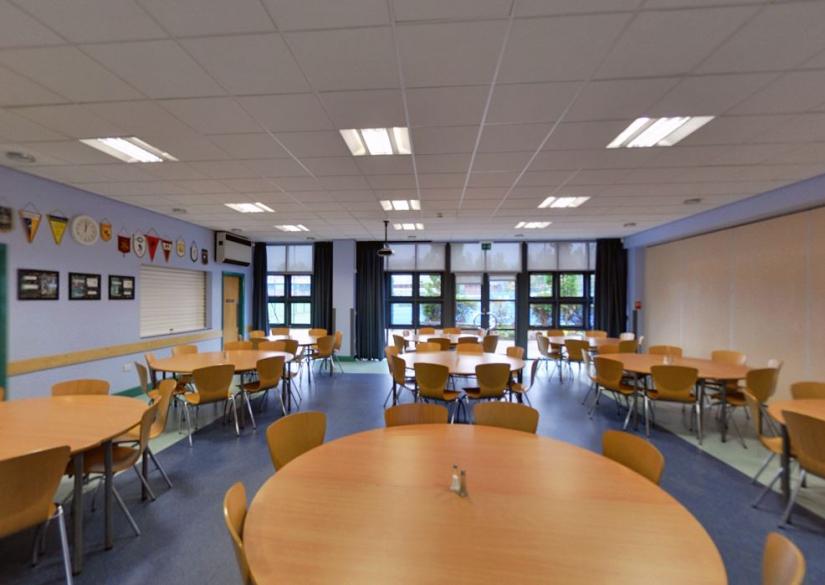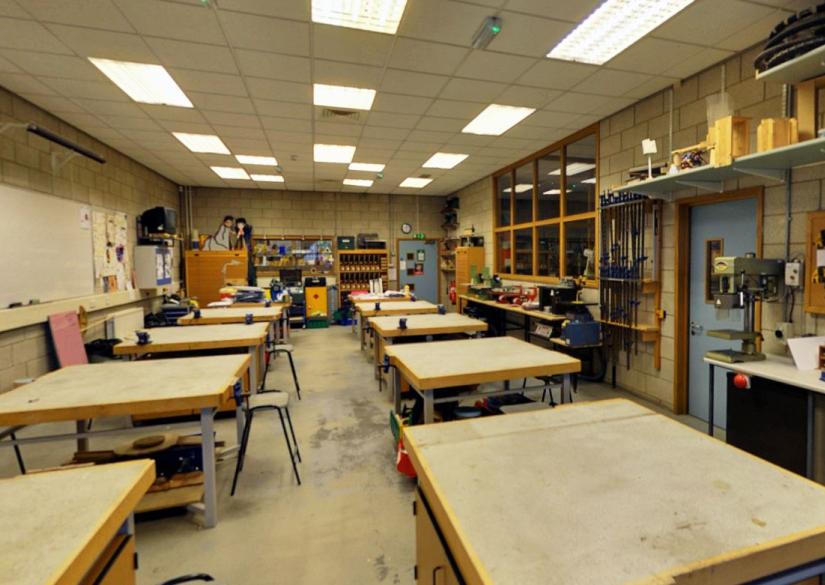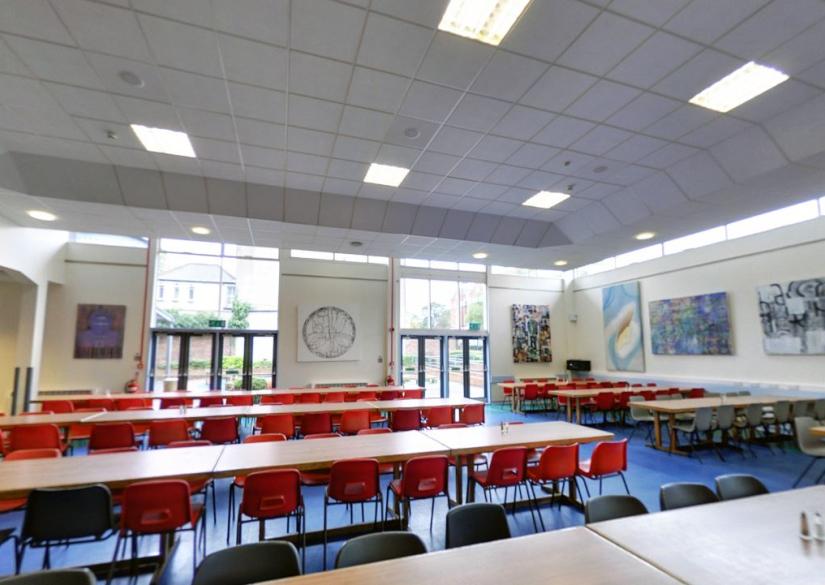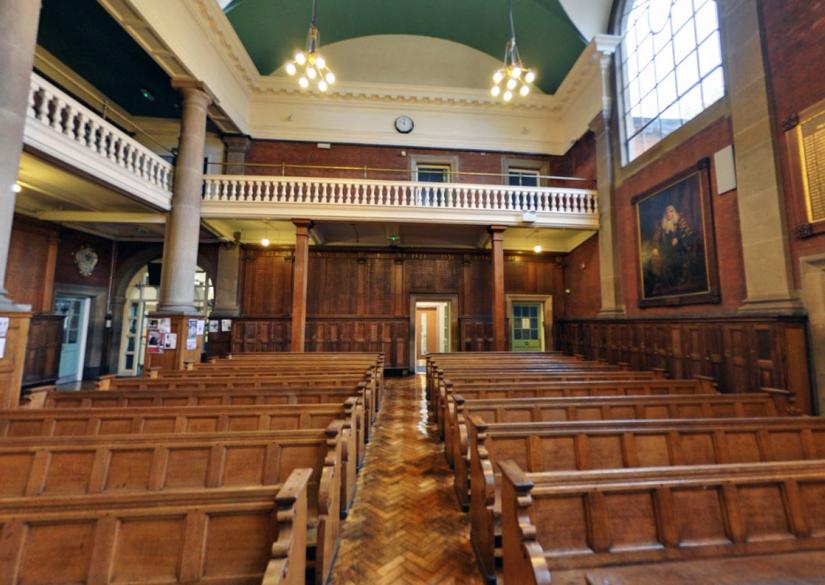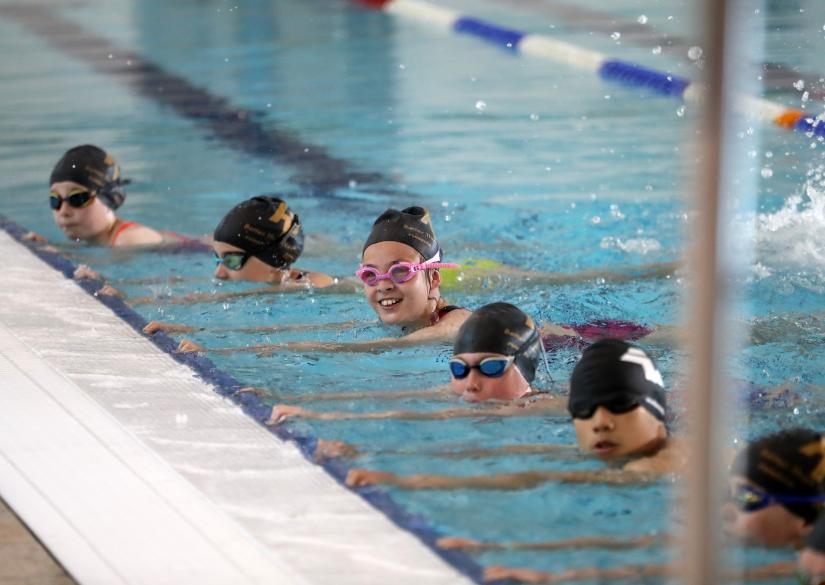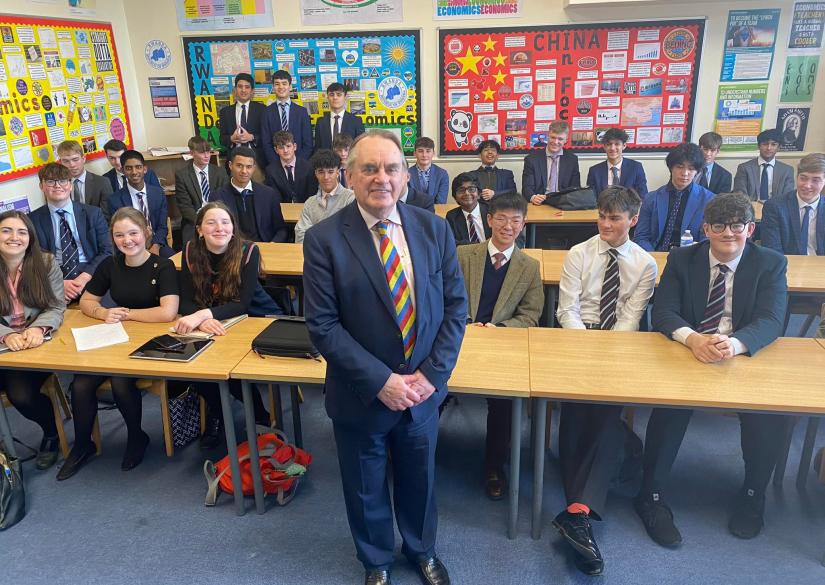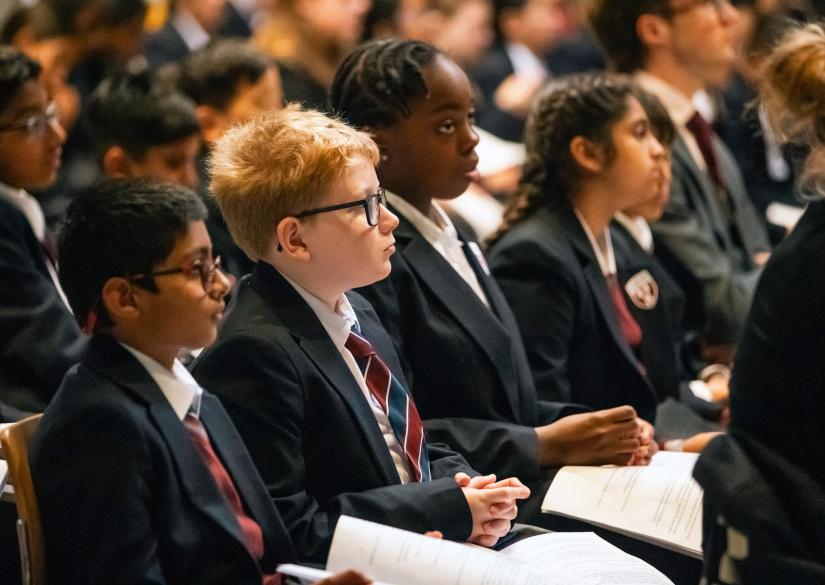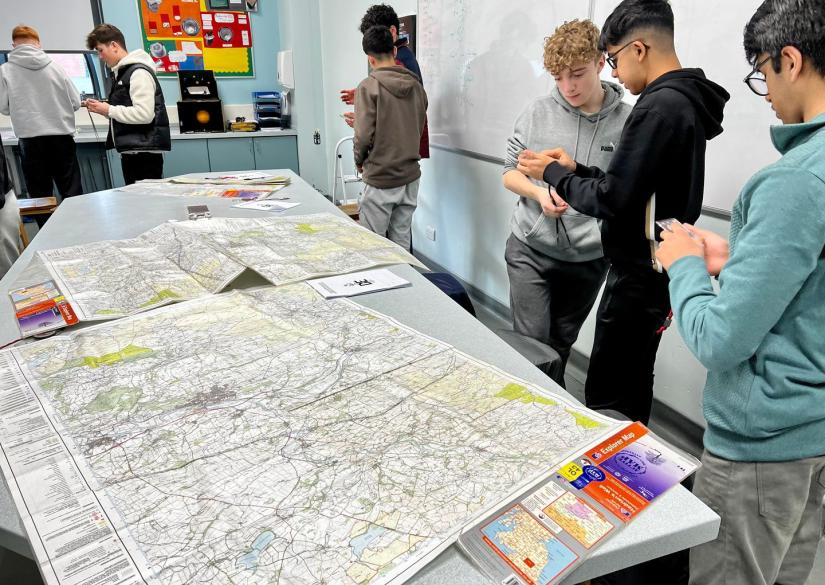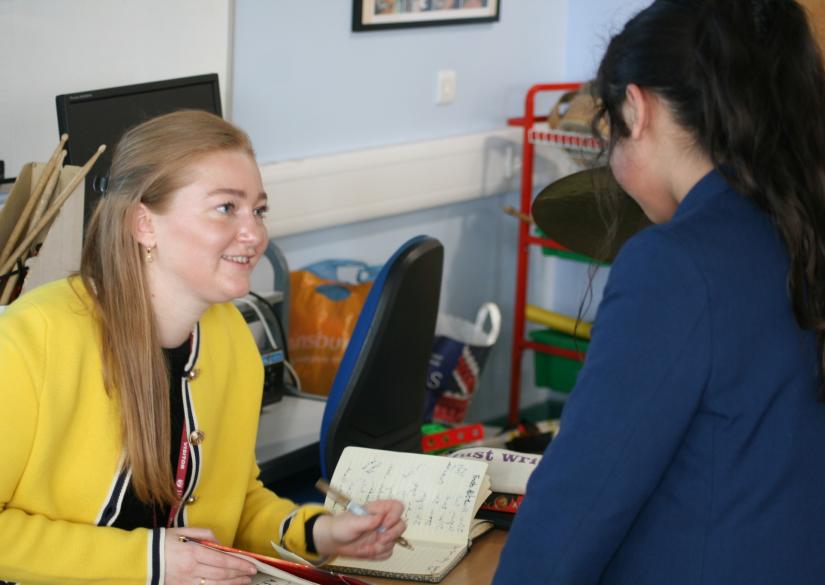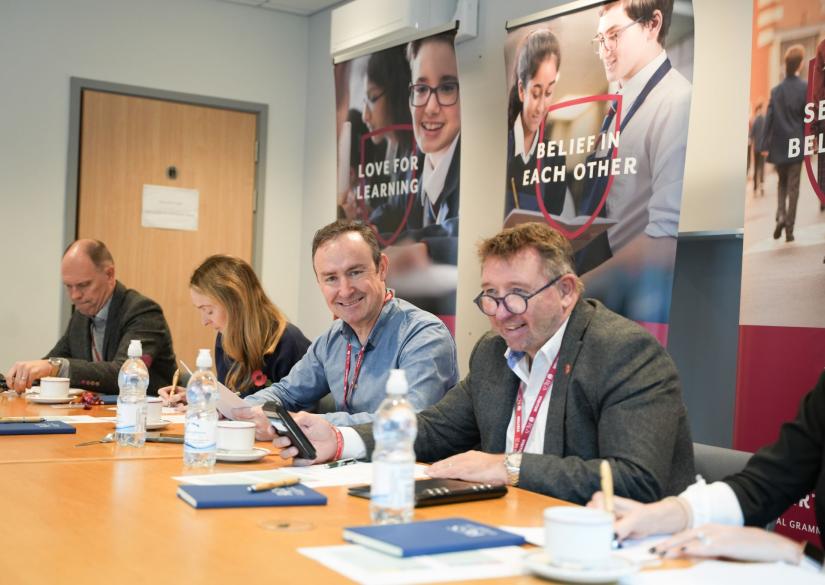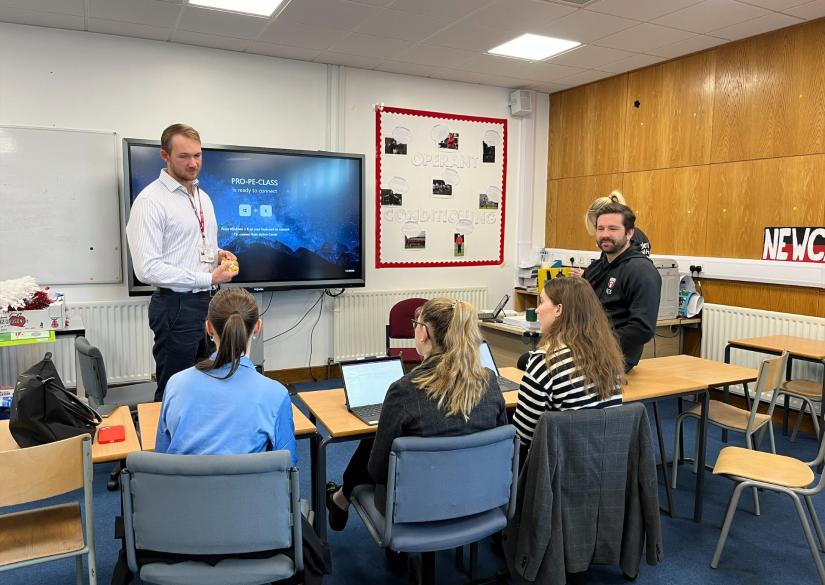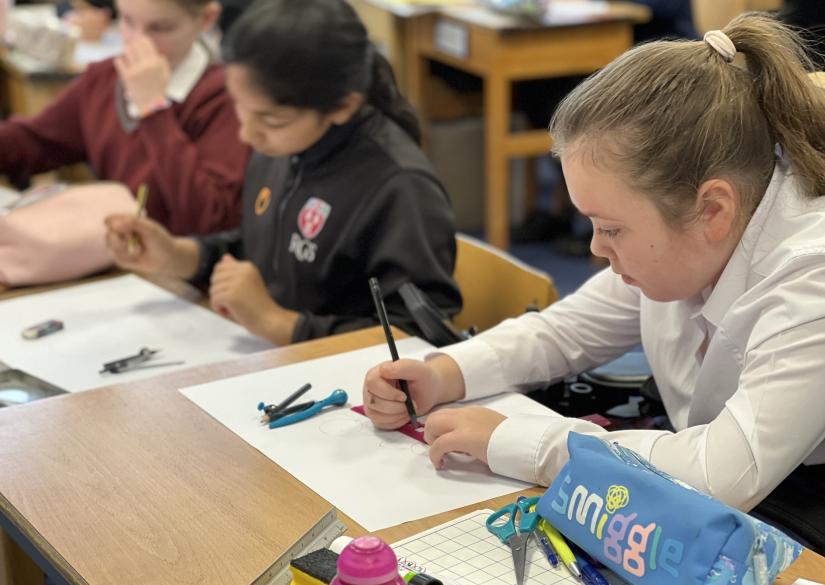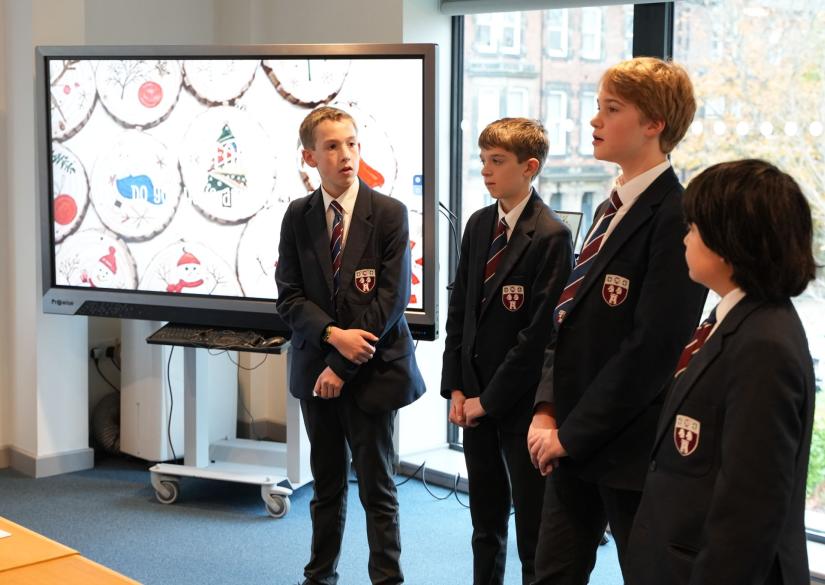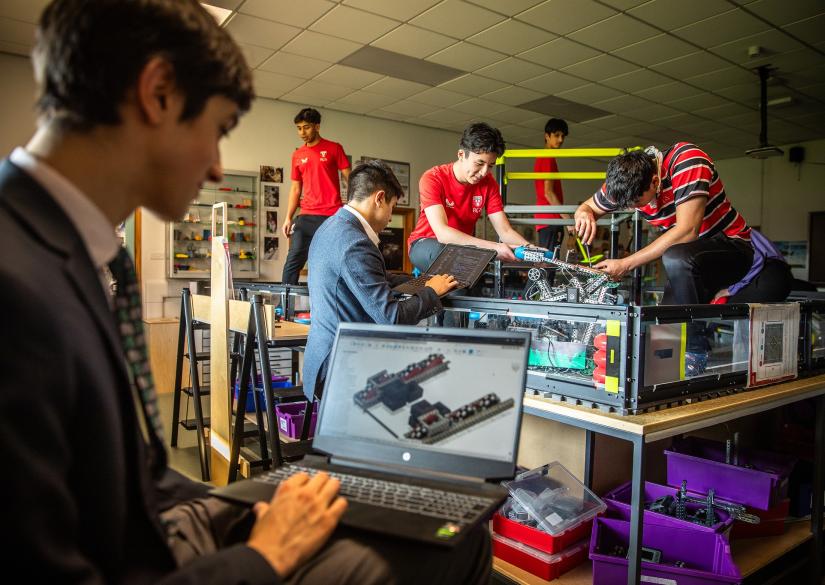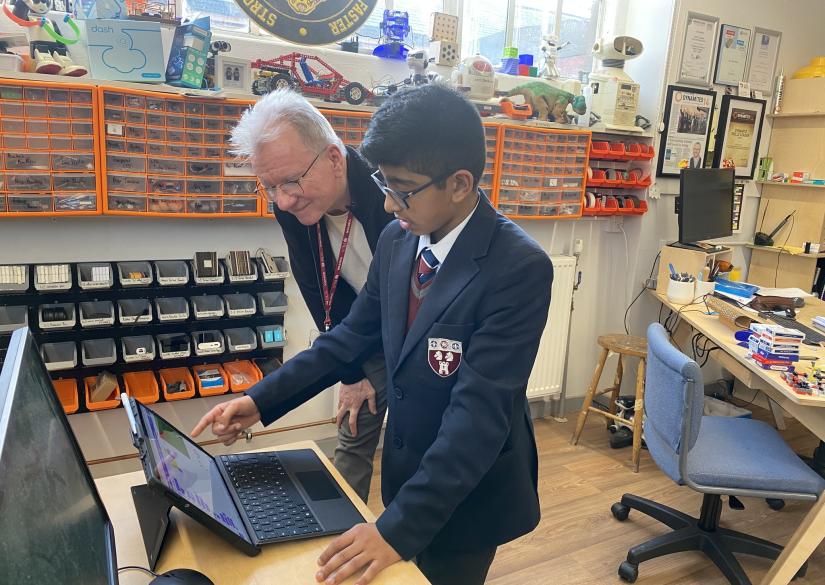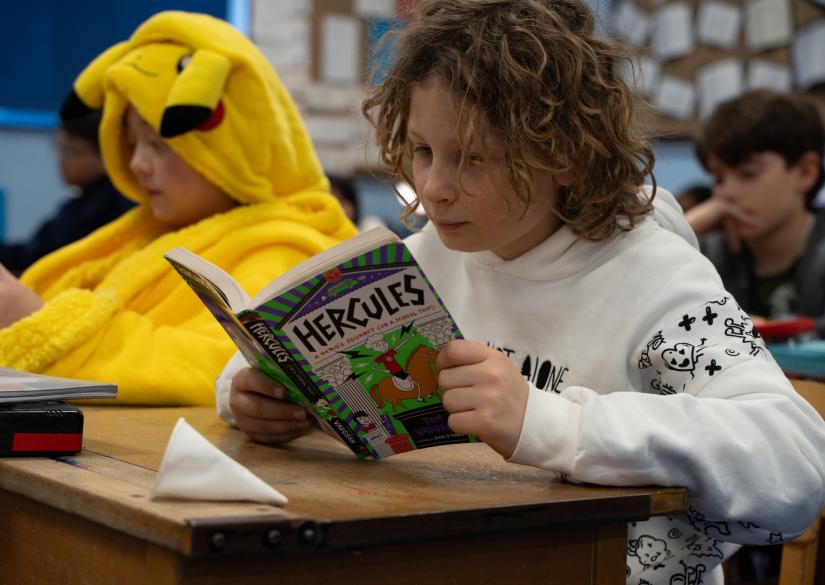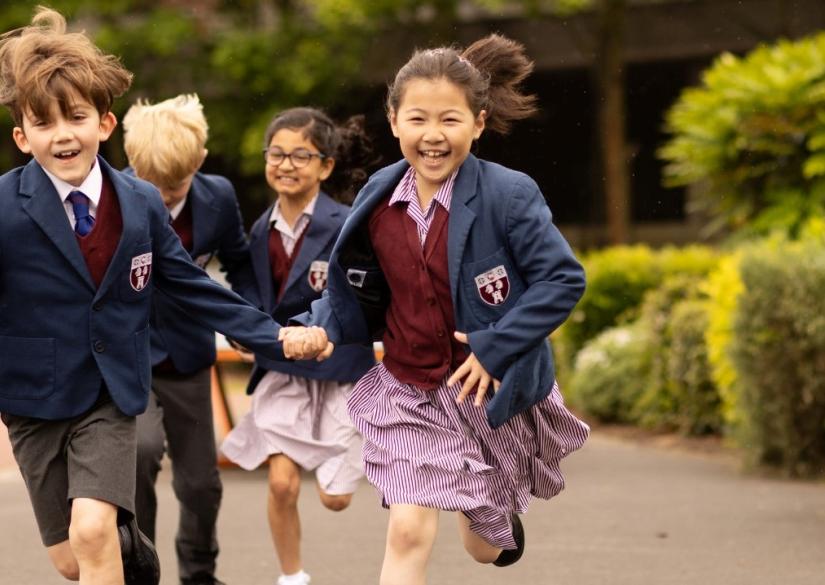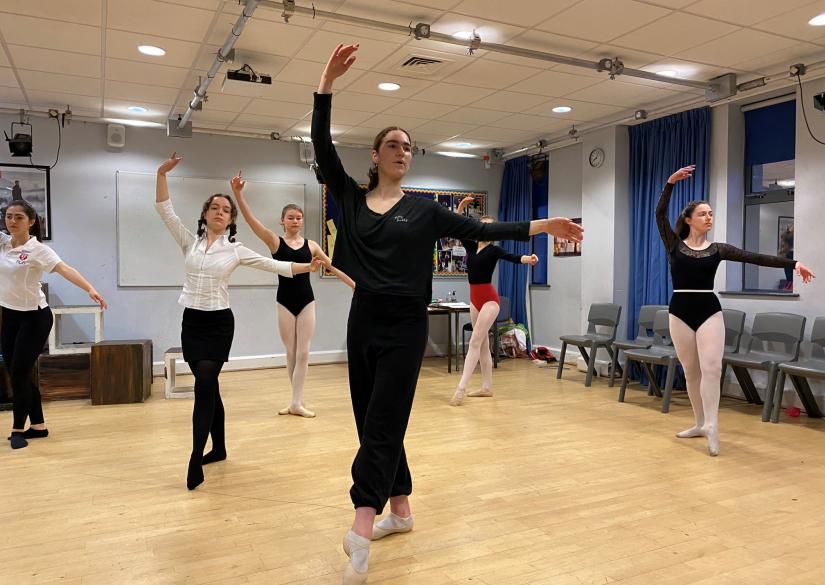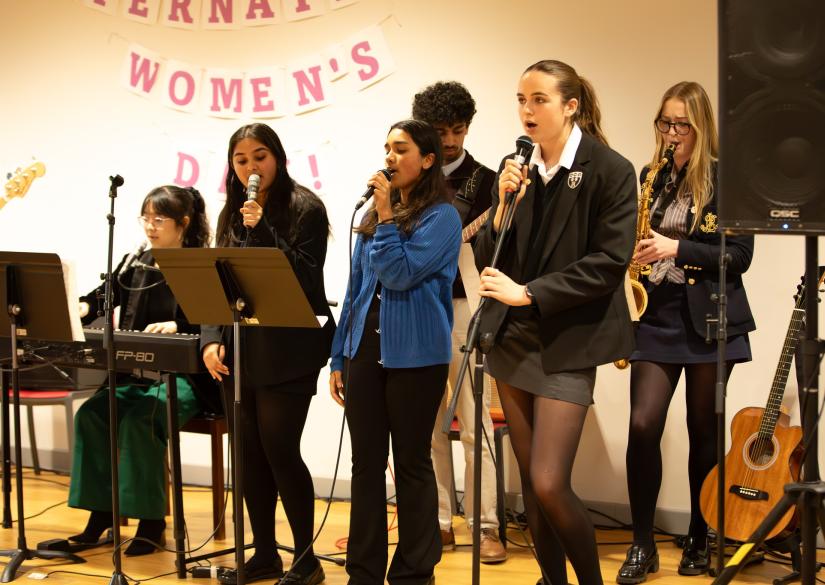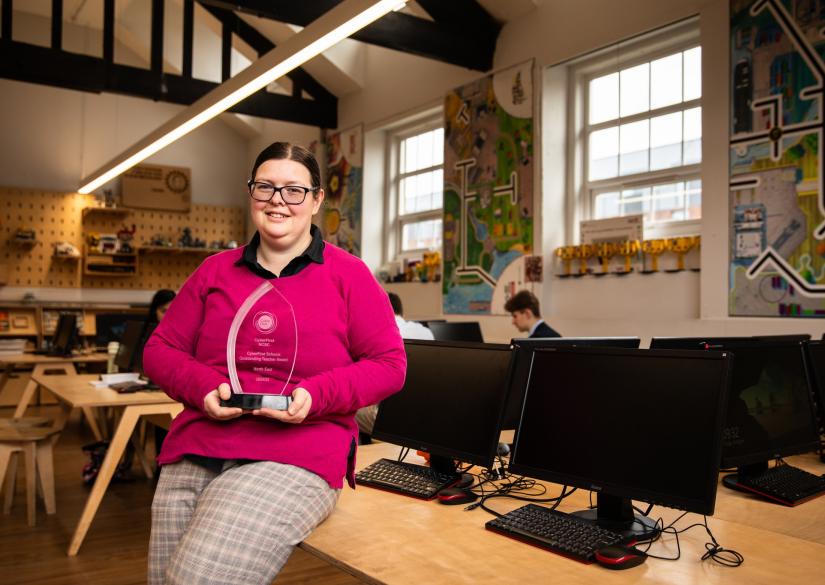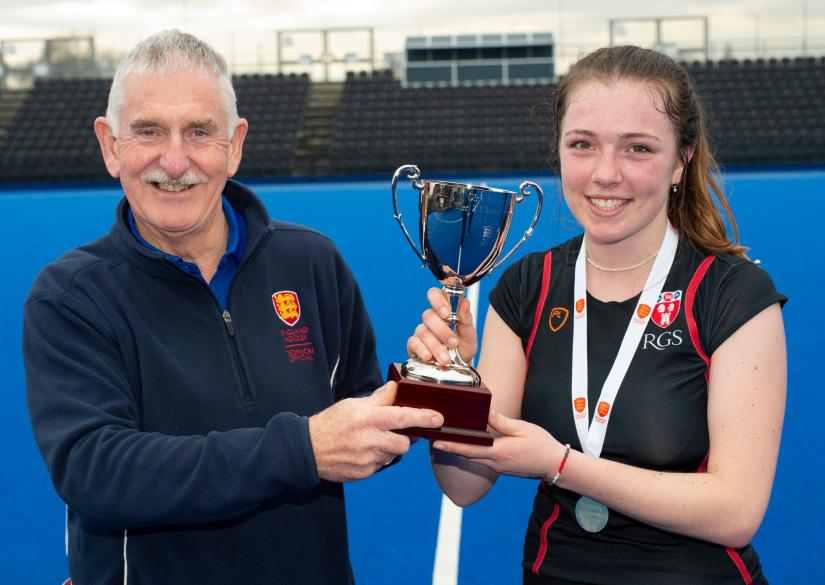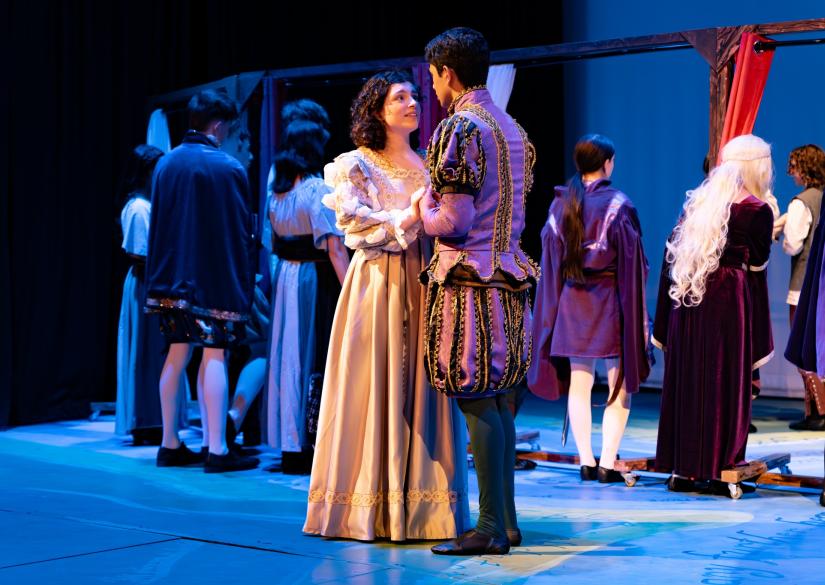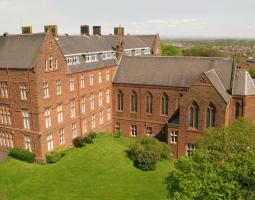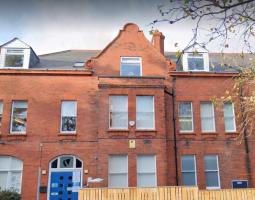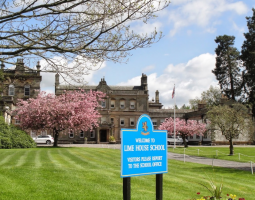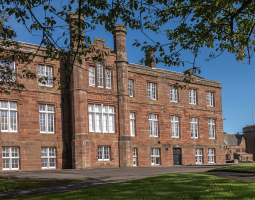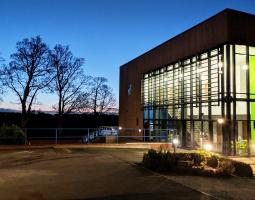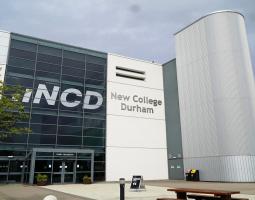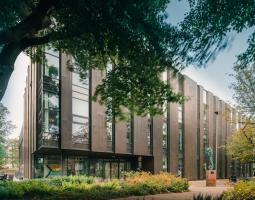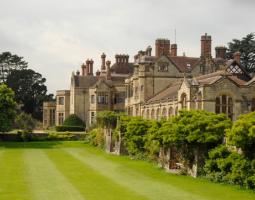Royal Grammar School Newcastle
Programs and prices, tuition fees in Royal Grammar School Newcastle
Junior School
- Age of students – from 7 years old,
- The period of study is four years.
The curriculum of the Junior School covers grades three through six. With a solid knowledge of the fundamentals of mathematics, language, and science, students enter the third grade to immerse themselves in deeper and more extensive learning with more disciplines, electives, and extracurricular activities.
Three subjects will remain the basis of the schedule: English, mathematics and science. Classes are held in small groups, where each student is given special attention by the teacher: using interactive and game methods, teachers help students develop knowledge and broaden their horizons, find connections between disciplines and learn to apply the acquired skills in real life. In addition to the main subjects, there are lessons of fine and performing arts, physical education. In their free time, students can attend themed clubs, the list of which changes each semester to cover the interests of most students.
Senior School
- Age of students – from 10 years,
- The period of study is five years.
Middle school covers grades 7-11, in which students develop important academic, social, personal skills and abilities. The curriculum will be based on the main subjects: mathematics, English, three natural sciences, modern technologies and others. Depending on the knowledge level, students are divided into groups, in which they study advanced mathematics and modern languages at different levels.
When students reach Year 9, they are given the opportunity to choose three subjects according to their interests, in addition to the compulsory GCSE subjects: PSHE, Philosophy and Religion, and Fine Arts. The total list of GCSE subjects reaches 10; The exam is conducted at the end of the 11th grade, so the preparation is carried out gradually, and the selected disciplines can be changed.
Sixth Form, Graduating Classes
- Age of students – from 16 years old,
- The period of study is two years.
At the Sixth Form stage, high school students have complete freedom in choosing the subjects they would like to study – in this way, they create an individual curriculum, according to which they study for the last two years of school. The main requirement for completing the program will be the successful completion of the A-Level, which will require in-depth study of three or four disciplines from a wide list:
- Biology
- Chemistry
- Art
- Ancient History,
- Economics
- English language
- Film Studies,
- Advanced Mathematics,
- French
- Geography
- History
- Latin
- German
- Physics
- Philosophy.
Students are in an atmosphere of comprehensive support from the class leader and his assistant, personal mentor and career department, who will help not only to achieve excellent exam results, but also to get into the desired university.
Description of Royal Grammar School Newcastle
- Location: Jesmon, England,
- Founded in: 1525,
- Number of students: about 1200,
- Language of instruction: English,
- Type of studying: mixed.
Royal Grammar School (RGS Newcastle) is the oldest school in Newcastle, with a centuries-old history and rich traditions. It teaches primary, middle and high school programs for children from 7 to 18 years old.
There is no exact date when RGS Newcastle first opened its doors, but many historical sources date back to 1525 – when Thomas Horsley, the mayor of Newcastle, founded a boys' school next to St Nicholas' Cathedral. It received funding from Queen Elizabeth I and has been under the patronage of the royal family ever since. Until 2001, the educational institution taught only boys, only in 2008 it switched to the mixed form of studying.
Today, RGS Newcastle is one of the leading schools in the region, teaching about 1,200 boys and girls according to the National Education System of England. Annually, students demonstrate high achievements in passing the GCSE and A-Level final exams, confirming the high quality of teaching, a modern interdisciplinary approach and comprehensive preparation of students.
The studying of students is carried out by a qualified teaching staff - more than 100 subject and general specialists with master's and doctoral degrees. Each of the teachers sets himself the task of developing the strengths of students, supporting talents and giving them a strong knowledge base to continue their academic path. Thanks to their dedication during standard classes and one-on-one meetings, students achieve excellent results by entering leading universities around the world.
Educational process
The educational process is based on an individual approach, a balance between compulsory subjects and creative, sports, and social areas. With the support of faculty, administrative staff, students gain quality knowledge and skills, develop strengths, and discover talents that will help them on their further academic path.
Faculties and colleges
RGS Newcastle teaches programs in three school stages: primary, middle and high, it is a full-cycle school.
Things to know about
The concert hall houses an organ donated to the school by Sir Arthur Sutherland in memory of the 138 students who died during the First World War.
Accommodation, meals, prices
RGS Newcastle does not provide accommodations.
Every school day, students visit the large dining room, which serves hot dishes, salads, healthy snacks and sweets, drinks. Classes of different ages have lunch at different times of the day.
Activities Royal Grammar School Newcastle
Extracurricular life at RGS Newcastle offers pupils ample opportunities for development in sports, creativity, music and other areas. Many are incorporated into the classroom curricula but are also taught in an optional format to give students more time to succeed.
Sport is one of the compulsory subjects to study and one of the most popular areas of extracurricular activities. For students of different ages, training in different sports, levels of difficulty is offered, while each student has the opportunity to participate in intra- and inter-school competitions. Some of the sports sections include:
- Soccer
- Gymnastics
- Basketball
- Athletics
- Volleyball
- Dancing
- Water polo
- Pilates,
- Tennis
- Biathlon
- Swimming
- Handball
- Table tennis
- CrossFit,
- Athletics.
Dance training provides students not only with the development of abilities, a sense of tact and maintaining physical activity, but also the opportunity to participate in a variety of campus activities: from large-scale holiday concerts to talent shows. Members of musical groups and performing arts groups also take part in RGS Newcastle events. Specialized studios regularly hold lessons in playing musical instruments, singing, and dramatic art.
RGS Newcastle has a joint cadet preparation program, thanks to which middle and high school boys receive important life skills, develop the ability to work in a team, and follow discipline. Participation in the program involves attending thematic seminars, acquaintance with leading specialists of the armed forces, regular training and competitions.
An important part of extracurricular development is excursions that take place not only in the region, but also abroad. Each trip has its own theme: history, sports, economy, geography and others. For example, students will be able to visit Iceland with a geographical study, Greece and Morocco with a historical context, and Peru with a biological context.
Advantages
- Best School in the North of England in 2012, 2015 according to the Sunday Times,
- Excellent exam results: 91% of high school students receive A*-B grades when passing A-Level,
- Compulsory school uniform with distinctive signs,
- An inclusive, comprehensively supportive approach to each student,
- Balanced curricula that combine a rigorous academic approach with talent development.
Facilities and equipment at Royal Grammar School Newcastle
The RGS Newcastle studying grounds are located in Jesmon, Newcastle upon Tyne. The campus is adjacent to two schools: preparatory and secondary for girls. The main buildings are connected into a large complex, which is still being improved and renovated.
RGS Newcastle's infrastructure includes:
- Separate academic blocks for primary, middle and high school students: classrooms, play areas, subject laboratories, computer classrooms,
- Administrative offices,
- Concert hall with a capacity of 300 people with rehearsal rooms,
- Music, dance, drama studios,
- Recording Studio,
- Music rooms for playing instruments, singing,
- Large multi-purpose sports hall,
- Halls for fencing, strength development, table tennis,
- Gymnasium
- 25-meter swimming pool,
- Climbing wall
- Outdoor basketball courts,
- Outdoor stadium with all-weather surface,
- A library with reading rooms, group work areas,
- Art studios,
- Spacious dining room.
RGS Newcastle also owns the Sutherland Park Area in Benton, renting a cricket ground on Osborne Avenue in Jesmond.
Admission dates and extra charges
There are three semesters in the academic year:
- Autumn: September-December,
- Spring: January-April,
- Summer: April-July.
Classes and extracurricular activities are held on weekdays, rest is provided on weekends, holidays and during vacations. The schedule of classes varies: high school students have a more serious academic load, there are more classes every day.
Tuition covers most extracurricular activities, childcare before and after classes. Approximate list of additional costs may include:
- Deposit
- Lunch plan,
- Individual academic lessons, music classes, personal training and more,
- Insurance
- Some trips and excursions,
- Personal expenses.
Enrolment process
RGS Newcastle is an academically selective school, so it selects candidates based on their academic achievements. Applicants can arrive at the campus to get acquainted with the teachers and its infrastructure, attend a trial study day, and only then apply for admission. The application can also be filled out remotely, after which it is necessary to pass tests in subjects, an interview. Upon completion of admission, applicants will receive an official invitation to study.
Perspectives
Every year, RGS Newcastle confirms its status as one of the best schools in the country thanks to the high scores of students in GCSE, A-Level exams. Students achieve excellent results, which serve as a competitive advantage when applying to leading universities in England, the USA, Canada and other countries.
Entry requirements, how to apply, what is required to enrol
RGS Newcastle mainly accepts local students and those who have local resident guardians. For admission, applicants must provide academic certificates from the previous place of study, report cards and individual achievements (if any).
Scholarships Royal Grammar School Newcastle
RGS Newcastle provides limited funding for students in difficult life situations.
Institution on the map
Residence permits, citizenship and other services
- Guardianship services during the studies
- Student supervision
Review about Royal Grammar School Newcastle
Recommendations on when to apply
| Language courses, schools and children's language camps | Primary and secondary education - private schools | Preparation programmes for entering universities - higher education | Higher education (after completing accredited programs A-level, IB, High School) - Bachelor, Master, MBA |
| - we recommend to apply 6-9 months before the start of the course (some camps and schools offer discounts for early booking or for lengthy study programs) - there are some very popular and high demand children's camps, where the applications need to be submitted 1 year in advance (in particular Switzerland , Great Britain , USA , Canada , Austria) | - we recommend to apply one year before the start of the training program, - some schools have a specific time frame (September-November - please specify an individual school) - some schools require tests in several stages (UKISET, internal tests of the school: English, mathematics, logics, subjects, interview, some require a personal visit) | - we recommend to apply one year before the start of the program, - for Foundation and Pathway programs, IELTS and TOEFL certificates are usually required, respectively | - recommended submission one year before the start of the program, - the deadline normally closes in January, for TOP HEIs and, as a rule, in March in other universities - for a bachelor, a Foundation or Pathway preparatory program a completed A-level, IB, High School + IELTS / TOEFL are required - for Masters you need a graduated higher education, in some cases you need a pre-Masters program - MBA requires completed higher education, work experience preferably at least 2-3 years, etc. |


